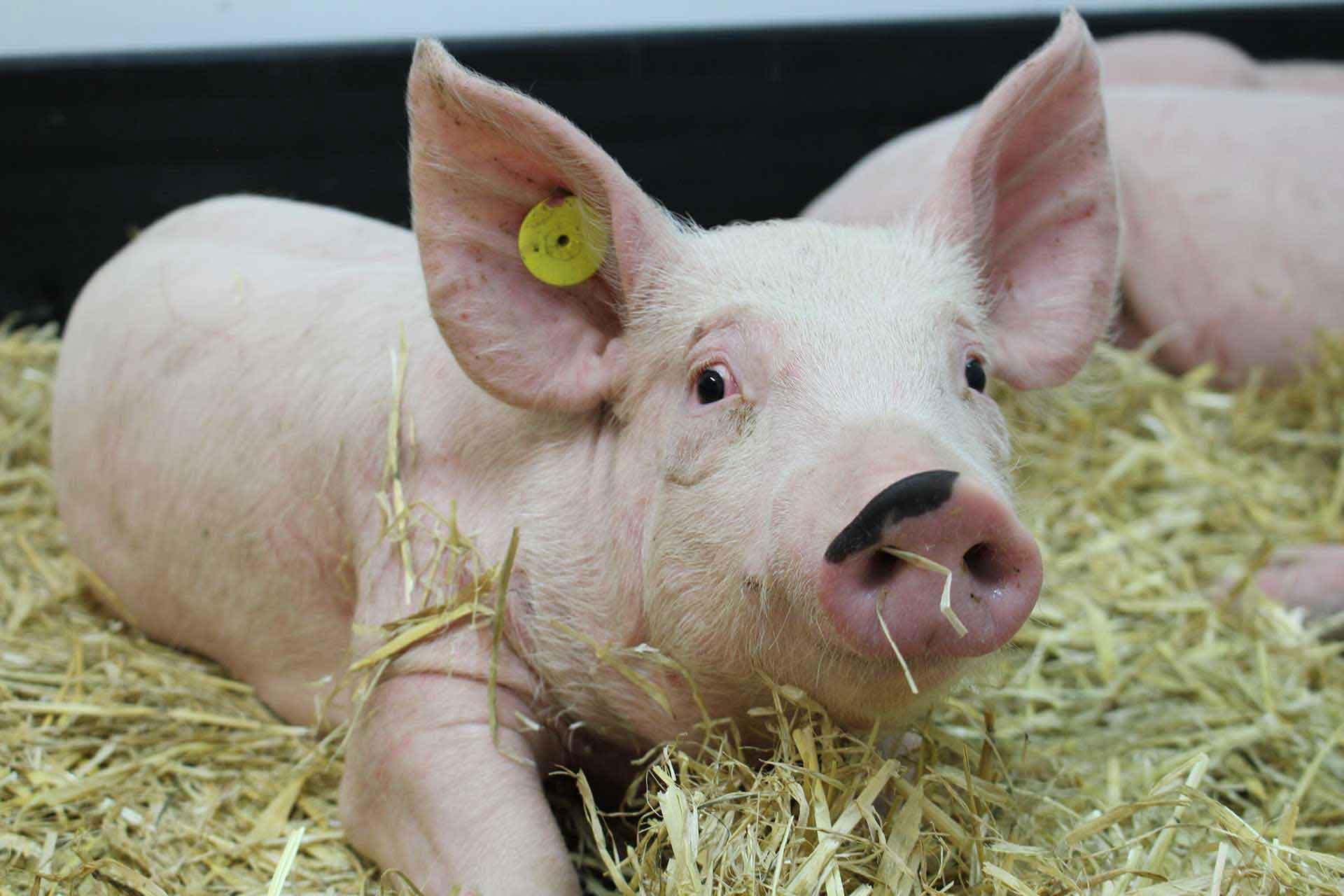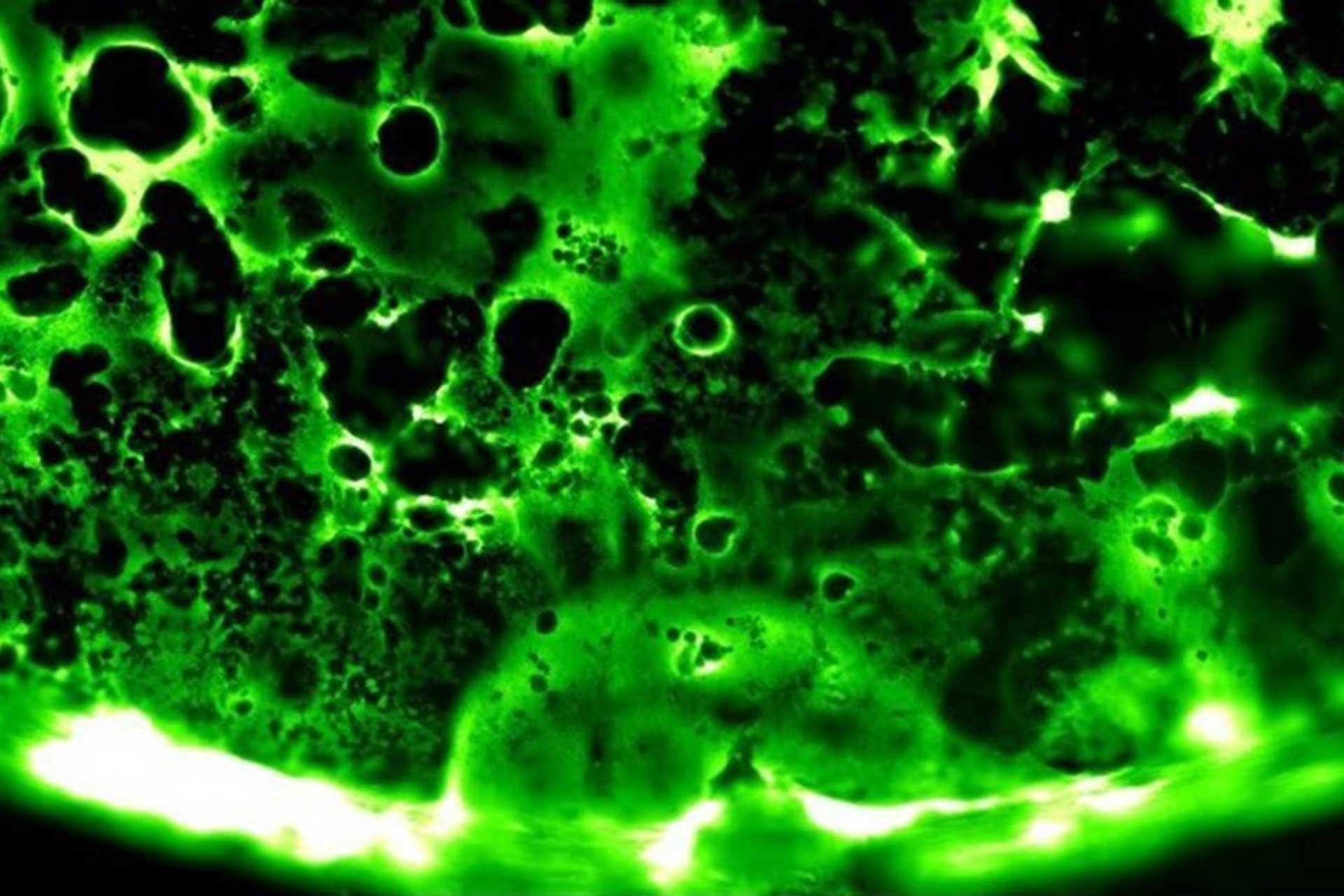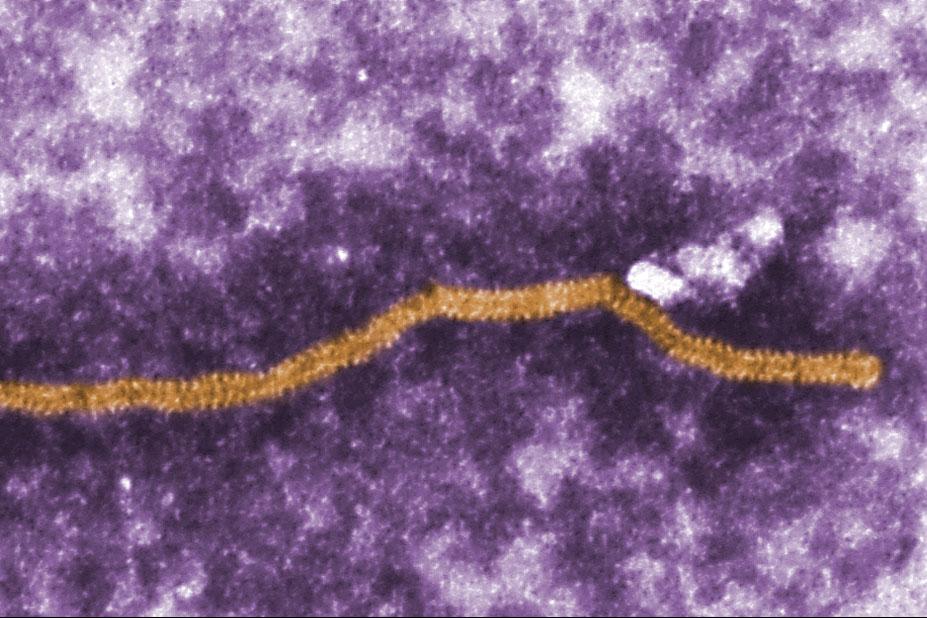Bovine herpesvirus-4-vectored delivery of Nipah virus glycoproteins enhances T cell immunogenicity in pigs
Nipah virus (NiV) is an emergent pathogen capable of causing acute respiratory illness and fatal encephalitis in pigs and humans. A high fatality rate and broad host tropism makes NiV a serious public and animal health concern. There is therefore an urgent need for a NiV vaccines to protect animals and humans. In this study we investigated the immunogenicity of bovine herpesvirus (BoHV-4) vectors expressing either NiV attachment (G) or fusion (F) glycoproteins, BoHV-4-A-CMV-NiV-GΔTK or BoHV-4-A-CMV-NiV-FΔTK, respectively in pigs. The vaccines were benchmarked against a canarypox (ALVAC) vector expressing NiV G, previously demonstrated to induce protective immunity in pigs. Both BoHV-4 vectors induced robust antigenspecific antibody responses. BoHV-4-A-CMV-NiV-GΔTK stimulated NiV-neutralizing antibody titers comparable to ALVAC NiV G and greater than those induced by BoHV-4-A-CMV-NiV-FΔTK. In contrast, only BoHV-4-A-CMV-NiV-FΔTK immunized pigs had antibodies capable of significantly neutralizing NiV G and F-mediated cell fusion. All three vectored vaccines evoked antigen-specific CD4 and CD8 T cell responses, which were particularly strong in BoHV-4-A-CMVNiV-GΔTK immunized pigs and to a lesser extent BoHV-4-A-CMV-NiV-FΔTK. These findings emphasize the potential of BoHV-4 vectors for inducing antibody and cell-mediated immunity in pigs and provide a solid basis for the further evaluation of these vectored NiV vaccine candidates.


